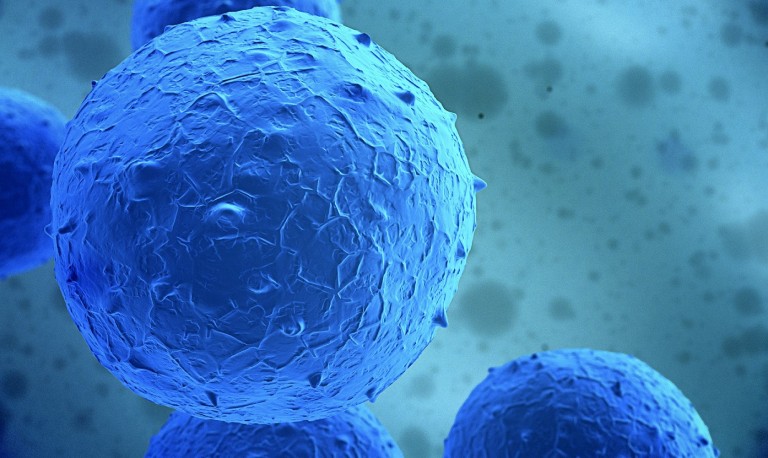
At the beginning of this month, Texas based Bellicum Pharmaceuticals Inc (NASDAQ:BLCM) offered up some insight into its ongoing phase I/II, BP-004, designed to test the efficacy and safety of its lead pipeline candidate, BPX-501. The data relates to what is set to become one of the most revolutionary (and most interesting, from a scientific standpoint) areas of modern healthcare and biotechnology – stem cell therapy. With the ethical debate seemingly over, at least from any actionable halting of progression being realistic, stem cell therapy is starting to take off. The US has a whole flurry of ongoing trials in a range of indications, and the number of approved therapies is growing fast. Japan, as part of Shinzo Abe’s economic stimulus policy, has essentially opened the floodgates to companies wishing to enter the space, offering tax curbs, subsidies and legal relaxation to stem cell relates investigations. In short, it’s going to be big, and while Bellicum is – at present – a relatively small player in biotech as a whole, it’s technology could feed into the space to a considerable degree, and the company could grow exponentially if BPX-501 can reach commercialization.
Click Here For More Market Exclusive Updates & Analysis
We’ll address the update that the company gave shortly. More important (and more interesting) is the underlying science. Here goes.
There are two types of stem cell therapy – allogeneic (cells come from a donor) and autologous (cells come from the patient in question). The first is what looks set to be the most revolutionary, but it’s also fraught with difficulty. There are two primary difficulties. First, finding a match is tough. Second, to be effective, most stem cell treatments have to be issued after a systematic destruction of the patient’s immune system. This opens the path for infection and – more seriously – graft versus host disease (GVHD), in which the t cells introduced from the donor attach the cells of the patient undergoing treatment.
One way to overcome the first problem is to use what’s called a haploidentical donor, or a partially compatible donor – essentially, a close family member. A high percentage of family members match one another, at least to a certain extent, and donor cells can interchange effectively. Of course, the less identical the match, the higher the chance of GVHD, so we’re back to problem two, but this time an exaggerated version. This is where Bellicum comes in to the picture.
The company has designed what it calls its CaspaCIDe safety switch. When a patient undergoes a stem cell transplant from a haploidentical donor (in oncology, more often than not the transplant matter is bone marrow cells, as is the case here) they then receive BPX-501, which is a genetically modified version of the T Cells associated with the bone marrow being transplanted. The modification results in a sort of on/off switch, which can be activated at any time post-treatment. If the patient develops HVGD, a physician introduces an activation drug, and it turns the T Cells that are attacking the host cells off – stopping HGVD in its tracks.
The importance of this cannot be understated. A huge number of stem cell therapies are not undertaken purely based on the risk of the patient developing HGVD. If Bellicum can show that BPX-501 can remove, or even reduce, this risk, it’s a game changer.
Of course, it’s very early days. Safety and tolerability are the primaries as things stand, and there’s a long way to go before the company can claim any level of consistent efficacy. To date, however, things look ok. In the recent update, trials showed improved adaptive immunity in 17 patients. In a December update back at the end of last year, the same trial (ongoing) showed improved immune reconstitution in 39 patients, and actually completely reversed the onset of GVHD in one patient. Primary completion isn’t slated until November this year, and full completion won’t come until December 2018, so the path to commercialization is a long one, and topline likely wont hit until 2019. This said, Bellicum has so far been more than willing to share ongoing data with us, so while it may be a long road, there should be plenty of insight along the way.
All said, it’s probably far too early to say with any confidence that Bellicum is the company to carry this sort of T Cell suicide switch to commercialization. Having said this, it’s definitely a company to keep an eye on, in a space set to change the way we treat some of the most common global diseases over the next two decades.




